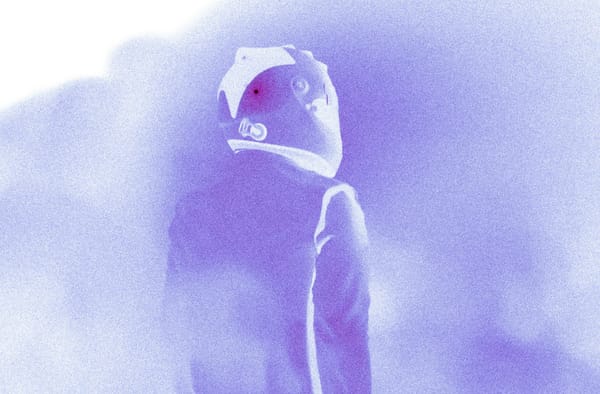HRV - It predicts when you are sick

I have been tracking the heart rate variability of the entire family for some time now. I am constantly surprised at how good it is at predicting physiology.
If this sounds like Greek, allow me to explain.
Heart Rate Variability (HRV) is the variation in the time between each successive beat of the heart. The heart beats in a rhythmic wave like movement. Thump and stop. Thump and stop.
It is the time between the thumps that we are measuring a.k.a R-R.
Since your heart beats more than once a second on average, we measure this time gap in milliseconds. A thousand milliseconds making a second. So you could get an HRV score of say 40ms or 80ms or even 19 ms.
How do these scores reflect illness?
A note of caution before I explain. The numbers I am seeing are from a wristwatch. That is a trifle inaccurate. Ideally, it should be through a chest strap. But we are looking at trends.
So when your HRV suddenly falls, it is likely that you are about to fall sick or already are. It has happened each time I asked a family member.
So despite the inaccuracy, it is wildly predictive.
So obviously the question is - how can you improve your HRV?
Heart beat is regulated by your pacemaker (SA Node). The pacemaker itself is regulated by your nervous system.
More specifically, how your body is feeling at a given point in time with regard to fight-flight or rest-digest.
When your body is in a balanced state between these two competing forces, your personal HRV score will rise.
There is no perfect number. What you are looking for are trends.
So if you see a sudden drop, slow down. Your body needs rest. Don’t over work yourself the next few days if you can until you see your HRV rise.
Remember, your body needs rest-digest as much as activity and movement. Fortunately, I now have an objective way to tell my family that. You?
Reach out to me on twitter @rbawri Instagram @riteshbawriofficial and YouTube at www.youtube.com/breatheagain






